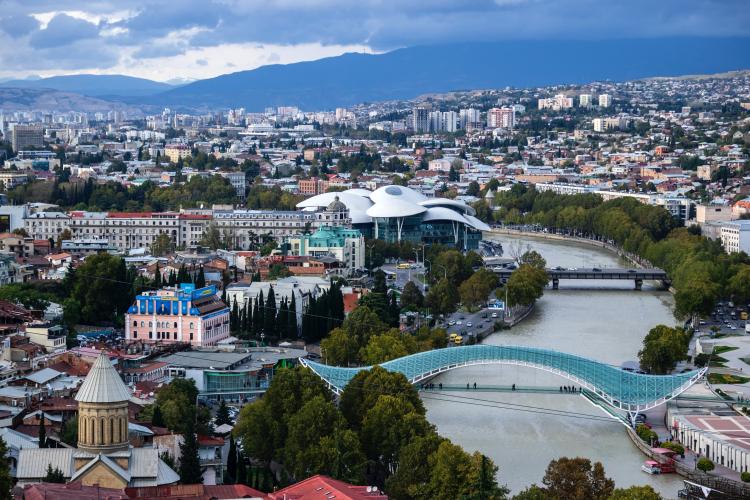
In the recent period, the Georgian government has noticeably increased verbal attacks on civil society organisations (CSOs) and their representatives, stigmatizing the sector. CSOs consider this is jeopardizing Georgia’s EU aspirations.
These attacks have considerably accelerated since the European Council's decision not to give Georgia the EU country candidate status (unlike Ukraine and Moldova who applied at the same time). A candidate status can only follow once the priorities specified in the Commission’s opinion on Georgia’s membership application have been addressed.
Government representatives tried to attribute this outcome to the critical statements of CSO representatives towards government policies. Namely, the chairman of the Georgian Dream party, Irakli Kobakhidze accused the Open Society Georgia Foundation and the head of their European integration program, of agitating against Georgia’s candidate status before the EU alongside opposition politicians, and called them traitors.
Government representatives have also been more hostile to engaging in political dialogue with critical watchdogs, while remaining amenable to cooperating with CSOs on less politically sensitive reforms. For instance, in August 2022, the parliamentary majority blocked the participation of the International Society for Fair Elections and Democracy (ISFED) in the parliamentary working group on electoral issues, which had been created in response to fulfilling EU recommendations setting a roadmap for Georgia’s candidate status.
Increasingly hostile narrative
This antagonistic discourse has mainly emanated from pro-government media outlets, which allege partisan biases and a lack of financial transparency and accountability in these organisations- calling them “rich clan of NGOs.” Some government officials have also contributed to the same narrative, claiming CSOs in Georgia “have much more funding than most of the political parties”, that their funds go “against the state, against the government" or expressing opinion that the expenses of CSOs are not transparent.
It should be noted that most of the watchdogs in Georgia closely follow self-regulatory schemes with accountability and transparency standards, and therefore are publishing information about their projects and funding on their websites. Additionally, most of these organisations have annual audits done by external, independent auditing companies and often these reports are also publicly available.
A warning sign
Georgia has already been familiar with smear campaigns and attacks against CSOs from right-wing groups and individual politicians. However, this recent phenomenon of targeted government attacks towards the watchdog organisations is a warning sign for the potentially deteriorating CSO environment in Georgia.
In the past few years Georgia has been in a continuous political crisis. CSOs have proved to be one of the last sector with a consolidating role, engaging both the ruling party and the opposition on critical political issues. That is the reason why the involvement of CSOs in decision-making processes was prescribed as one of the preconditions (priority #10) for Georgia receiving the EU candidate status. Therefore, these unfounded attacks not only threaten CSO environment but can also have a debilitating effect on Georgia’s EU aspirations.
